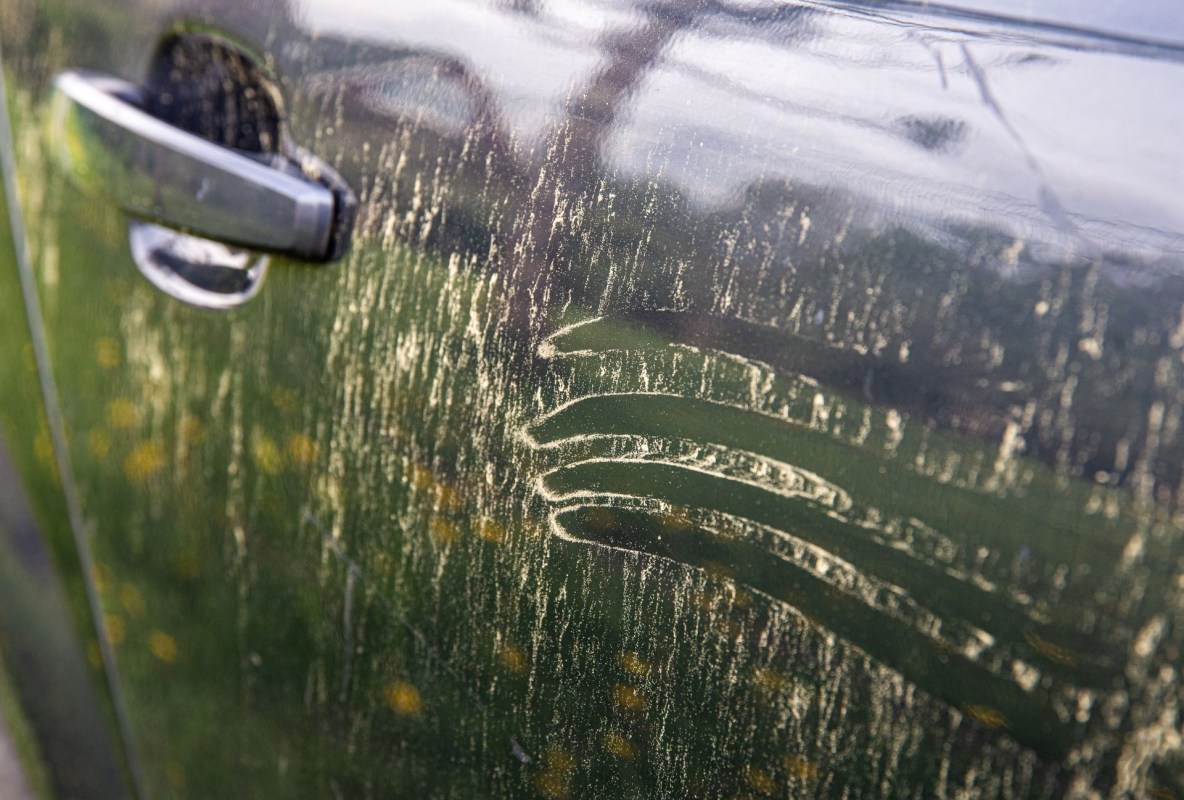The overheating of our planet impacts us in a whole range of unexpected ways.
Beyond devastating impacts like worsening extreme weather events, climate change can also wreak havoc on us by making pollen allergies worse, Yale Climate Connections (YCC) reports.
What's happening?
As the world gets warmer, the last frost occurs earlier and earlier each spring, and the first frost happens later in the fall, YCC explains.
This means that pollen season — the part of the year when it's warm enough for plants to produce pollen — gets longer. William Anderegg, an associate professor at the University of Utah, found that pollen season is now beginning about 20 days earlier than it did 30 years ago.
Anderegg and his co-authors write that plants are producing about 21% more pollen. Anderegg told YCC that the increase is likely due to warmer temperatures and excessive carbon dioxide (CO2) pollution in the air.
CO2 is a heat-trapping gas produced by burning dirty energy sources like coal, gas, and oil, meaning both global temperatures and CO2 have increased because of human activity.
"Climate change is impacting us now, every spring, in every breath that we take," Anderegg told YCC.
Unstable weather caused by rising temperatures is also making the pollen situation worse, doctoral student Brooke Lappe from Emory University's Rollins School of Public Health explained.
"Thunderstorms, pressure changes, humidity changes that we see through climate change, break down pollen spores into even smaller pieces, and these pollen spores can then more easily enter the lungs," Lappe told YCC.
Why does extra pollen matter?
Pollen allergies range from a minor annoyance managed with medication to a severe health issue. While most sufferers experience a runny or stuffy nose, sneezing, itchiness, and fatigue, the effects can worsen.
People experiencing hay fever are more likely to get sick thanks to the inflammation in their airways and lungs. Pollen allergies can be especially serious for children, causing symptoms such as skin rashes, hives, difficulty breathing, coughing, and nausea. These can also hurt their school performance.
Meanwhile, hay fever is dangerous for people with other health conditions that affect their breathing, such as asthma. Pollen can trigger an attack that may send a patient to the hospital.
What can I do about pollen allergies?
For people who get hay fever, using an air filter at home and washing clothes and sheets regularly can help cut down pollen indoors, YCC explains. On high-pollen days, it recommends people stay inside.
To solve the pollen problem in the long term, our society needs to shift our reliance away from carbon-pollution-producing dirty energy sources to abundant, clean energy sources like solar and wind power. As a bonus, making the switch can even slash your power bill.
Join our free newsletter for cool news and cool tips that make it easy to help yourself while helping the planet.









